Dive into the latest biotech Buzz! Discover groundbreaking advancements, regulatory updates, and insights shaping the biotech landscape.
The Defeat of Non Compete?
The Federal Trade Commission (FTC) has implemented a rule banning most noncompete agreements, aiming to enhance worker mobility and competition, approved by a 3-2 vote among the agency’s Democratic majority. The new regulation, which faces challenges from business groups and legal threats, only allows non compete clauses for senior executives and marks a significant shift from the FTC’s traditional enforcement-based approach to a more regulatory role in shaping economic competition.
The Latest “Jobs” Report: Celebration or Trouble Brewing?
Interpretation of the February jobs report depends on what sector you are in. For the Life Science sector, it’s still not great.
The Establishment Survey (Payrolls) and the Household Survey (Employment) have provided conflicting signals, and this is creating a good deal of uncertainty regarding the true state of employment in the country, according to Jeffrey P. Snider of Eurodollar University. who overviewed that the Bureau of Labor Statistics (BLS) has had a number of downward revisions. December’s Establishment Survey was reduced by 43,000 while January’s was cut by an astonishing 124,000. According to Snider, this is “completely changing the picture and interpretation of the job situation and making the data increasingly unreliable.” In addition, most of the gains were driven by three segments: Applied healthcare (hospitals and nursing), Government, and Leisure/ Hospitality (Barrons). Nevertheless, unemployment is still historically quite low at 3.9% according to the WSJ.
Regardless, the life science employment picture is still tepid, with Biopharma Dive and Fierce Biotech reporting that 10,000 or more jobs were lost in biotech due to layoffs in 2023. According to the January 2024 Biopharma Dive article, “Many of those jobs were at smaller biotech companies more vulnerable to investor pullbacks.”
Regardless, the life science employment picture is still tepid, with Biopharma Dive reporting that 10,000 or more jobs were lost in biotech due to layoffs in 2023. According to the January 2024 Biopharma Dive article, “Many of those jobs were at smaller biotech companies more vulnerable to investor pullbacks.”
Pharma’s Sinking Reputation
According to Gallup, the pharmaceutical industry’s favorability has significantly declined in the past 12 months, with only 18% of Americans now holding a positive view. This decrease is further highlighted by a 13-point drop in positive perception of the industry among Republicans, largely due to criticisms of COVID-19 vaccine efforts. This shift contrasts with the party’s previous positivity score of 45% in 2020.
A recent cross-sectional study (Singh, Eisenberg & Sood) corroborates this information, highlighting that public distrust in the pharmaceutical industry has increased. This is partially attributed to a public perception that drug manufacturers only care about profits, and because of industry practices like off-label marketing, inflating charges to government programs, and hiding information.
It wasn’t all bad though: An Ipsos poll found 34% of adults in 21 countries felt pharmaceutical companies could be trusted, which is up 31% from 2021. Ultimately, the biopharma sector has suffered in reputation in recent years and will need to work hard to win back overwhelming public trust, according to innoplexus.com, a Web-based Life Sciences Intelligence Platform.
2024 Biopharma Fundraising Trends: Huge Disparities and Creative Financing
Biopharma fundraising in 2024 has experienced a modest uptick, but it remains a tale of disparity, favoring established players over newcomers (Rowan Walrath, C&EN). The investment environment continues to prioritize mature companies and seasoned teams, sidelining early-stage innovators.
To manage financial challenges and avoid diluting ownership, the industry is turning to creative financing methods like royalty financing, spun-out assets, and venture debt (Ana Mulero). While these alternatives offer vital capital, they also pose risks that could undermine future profitability and innovation. Despite a recent slump in investment (Reuters), the healthcare sector may be on the cusp of a rebound. Here’s to hoping for a positive shift!
Quick Hits!
- Upcoming FDA Decision Dates
Here is a rundown of the FDA’s forthcoming dates for new drug approvals. - Transforming Recruitment: The Impact of AI in Headhunting
Nancy Xu, founder and CEO of Moonhub, an AI recruiting firm, predicts that artificial intelligence will revolutionize headhunting. In a recent conversation, she explained how automation and machine learning are set to significantly alter the recruitment process. These advancements will not only streamline recruitment but also enhance the experience for both candidates and job seekers, signaling a major shift in how talent is sourced and managed.
- The Convergence of Biology and Technology
Over a decade ago, Steve Jobs predicted that the most significant innovations of the 21st century would emerge from the convergence of biology and technology. This vision was incredibly insightful. Shortly after his death in 2011, a groundbreaking patent for CRISPR, a novel gene-editing technique, was filed in 2012. CRISPR has since revolutionized the ability to edit genetic code both inexpensively and accurately, significantly accelerating advancements in the field. - Essential Biotech and Life Sciences Career Podcasts
In today’s highly competitive job market, understanding biotech market trends is crucial for both active and passive job seekers. Being informed about how these trends affect regional bio hubs and the broader market can set candidates apart. Here are six biotech industry and life sciences career podcasts that can provide valuable insights to help navigate this dynamic field. - Key Strategies for Coping with Job Loss
After experiencing job loss, it’s crucial to stay connected with supportive individuals and maintain a disciplined routine. To effectively cope, consider engaging in therapy, meditation, and joining support networks. Additionally, assess your financial situation and explore eligibility for unemployment benefits to help navigate this challenging time.
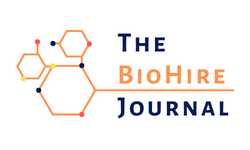

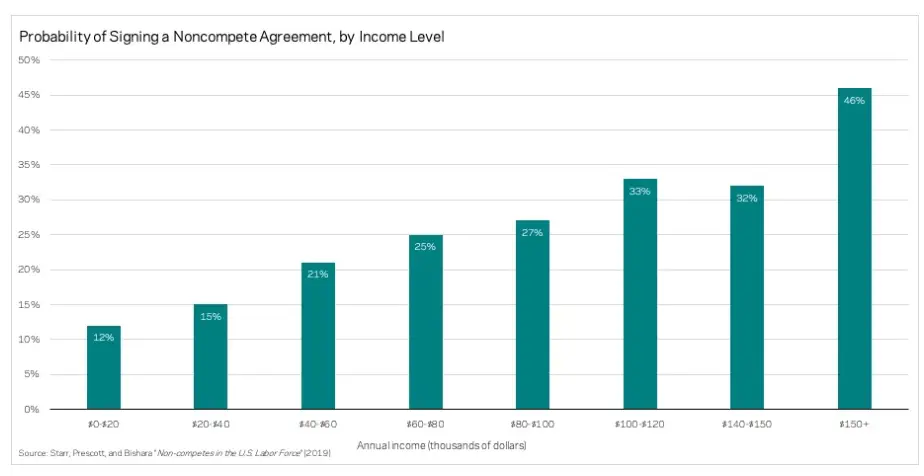
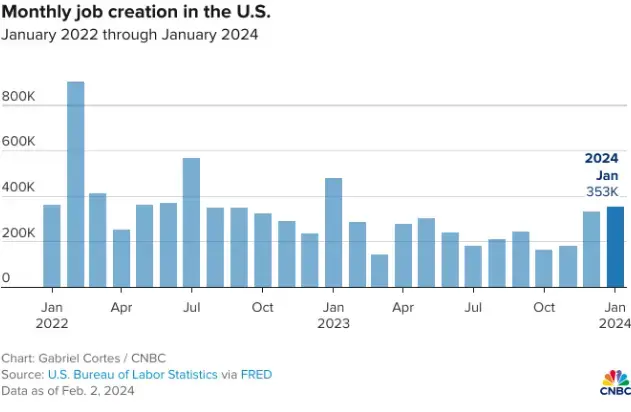
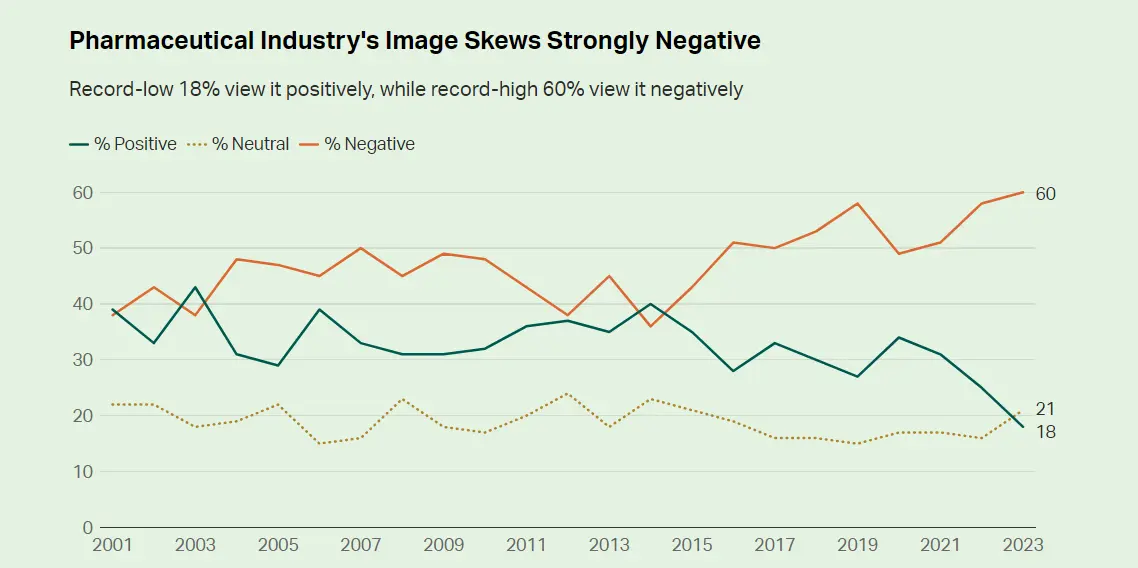
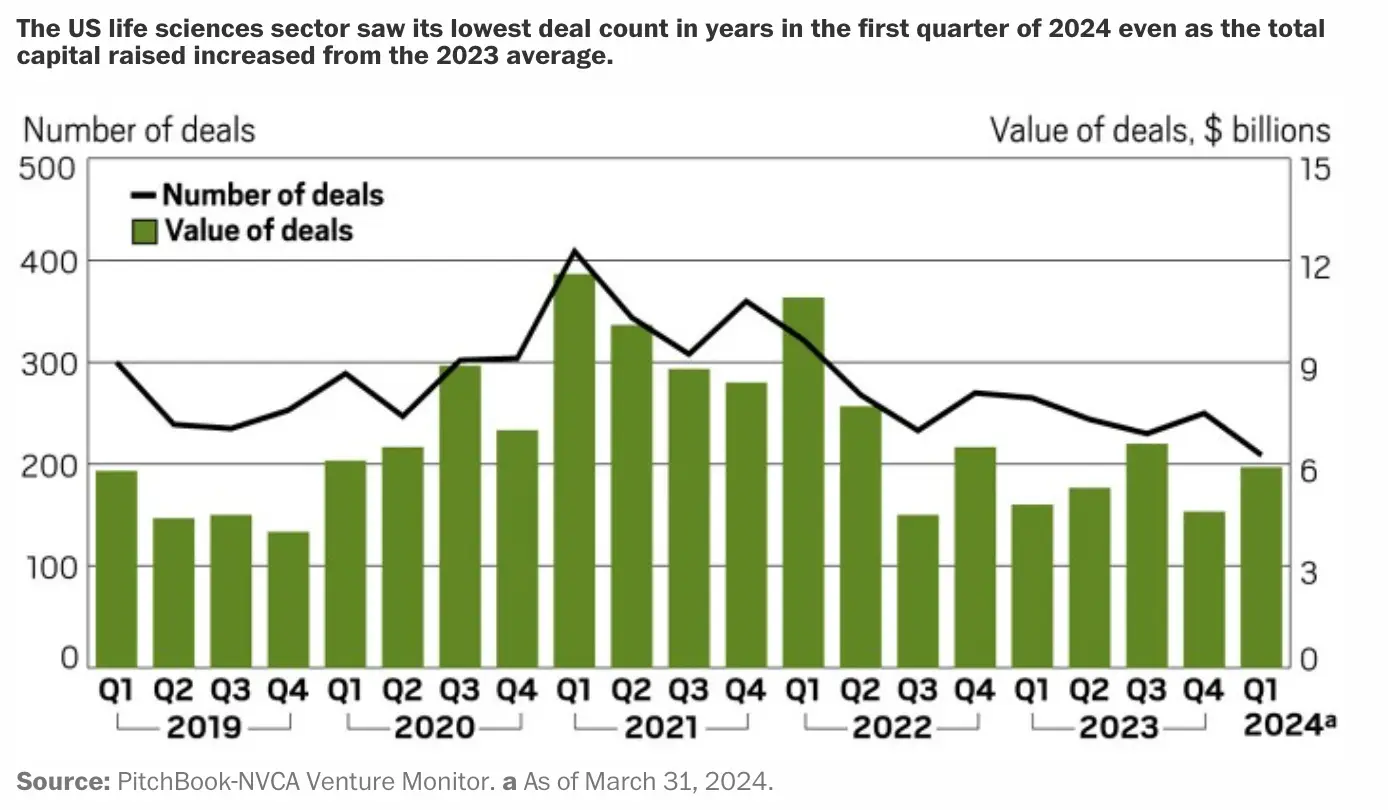
 Nancy Xu, founder and CEO of Moonhub, an AI recruiting firm, predicts that artificial intelligence will revolutionize headhunting. In a recent conversation, she explained how automation and machine learning are set to significantly alter the recruitment process. These advancements will not only streamline recruitment but also enhance the experience for both candidates and job seekers, signaling a major shift in how talent is sourced and managed.
Nancy Xu, founder and CEO of Moonhub, an AI recruiting firm, predicts that artificial intelligence will revolutionize headhunting. In a recent conversation, she explained how automation and machine learning are set to significantly alter the recruitment process. These advancements will not only streamline recruitment but also enhance the experience for both candidates and job seekers, signaling a major shift in how talent is sourced and managed.






